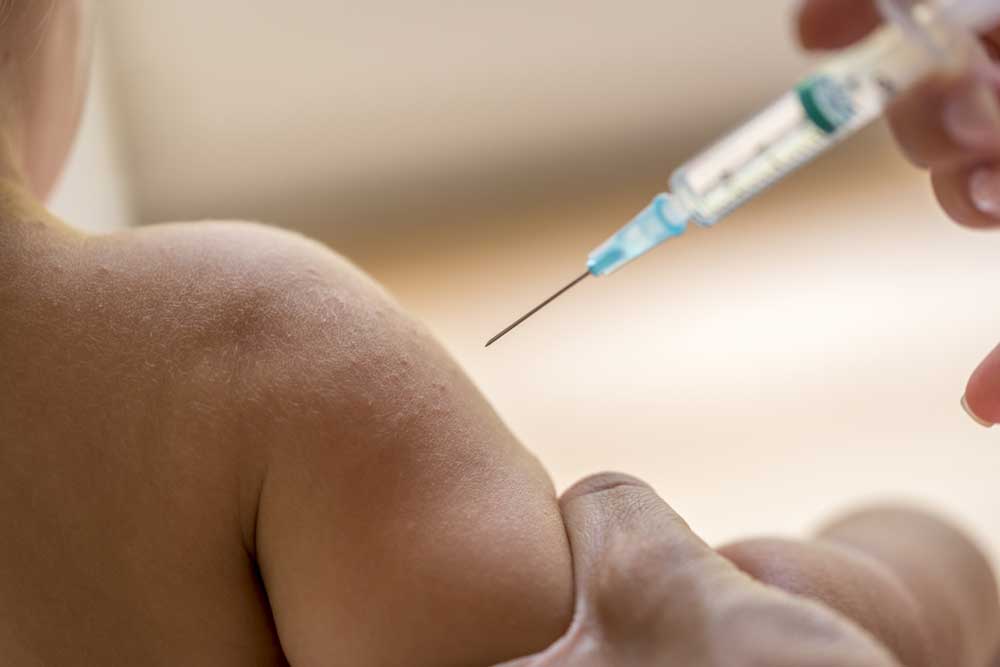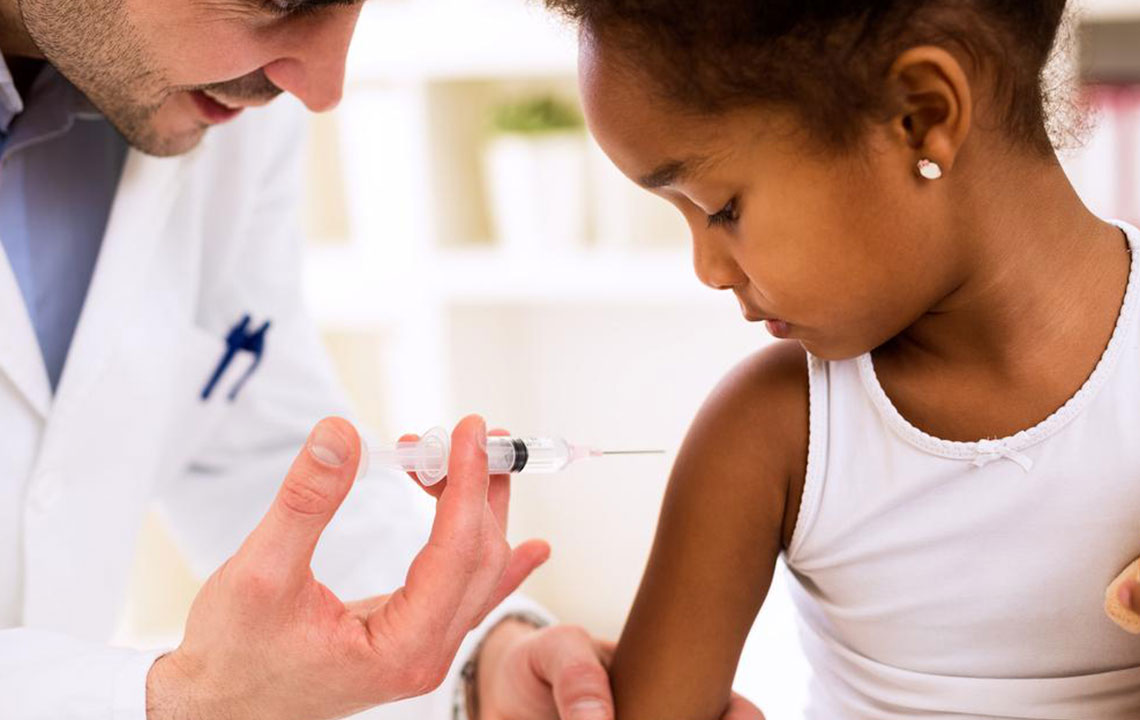Importance of the Pediatric Immunization Schedule
This overview highlights the significance of the pediatric immunization schedule, approved by health authorities, detailing vaccination timings from birth through adolescence. It covers recent updates, essential vaccines, and guidelines to ensure children’s protection against serious diseases. Parents and healthcare providers can access comprehensive resources and latest recommendations to foster a healthy future for children with timely immunizations, emphasizing the importance of adhering to scheduled vaccinations for effective disease prevention.

Importance of the Pediatric Immunization Schedule
The importance of the pediatric immunization timetable
The Centers for Disease Control and Prevention (CDC) recommends a comprehensive vaccine schedule for children to protect them from serious diseases. These vaccines are administered to newborns, infants, pre-teens, and children under 18, helping their immune systems develop defenses against infections in the future. The pediatric vaccine schedule is a carefully phased series of immunizations designed to be given at specific ages and stages of childhood development.
Key information about the child immunization plan includes:
Who approves the schedule?
The Advisory Committee on Immunization Practices (ACIP) approves the pediatric vaccination schedule annually.
It is also endorsed by organizations such as the American College of Obstetricians and Gynecologists (ACOG), American Academy of Family Physicians (AAFP), and the American Academy of Pediatrics (AAP).
Where can you find detailed information?
The CDC's official website provides comprehensive details on immunization guidelines.
This resource offers updates on recommended vaccines for children and adolescents up to 18 years old for healthcare providers and parents.
It allows users to view and print immunization schedules from birth to 18 years, with options tailored to reading preferences.
Parents can access easy-to-understand educational materials about vaccines, their importance, and fundamental information on each immunization.
Recent updates to the pediatric vaccine schedule include:
Hepatitis B vaccine update introduced in March 2017.
New formulations added for polio vaccines since February 2017.
Revisions made to diphtheria, tetanus, acellular pertussis (DTaP) vaccines.
Changes incorporated into the Haemophilus influenzae type B (HiB) vaccine.
Transformations in the human papillomavirus (HPV) vaccination schedule.
Modifications to influenza, meningococcal, and pneumococcal vaccines.
Vaccination recommendations for children aged 0-6 years:
Hepatitis B (HepB) is administered at birth and continues with doses at 1-2 months and 6-18 months.
Diphtheria, tetanus, and pertussis (DTaP) are given at 2, 4, and 6 months.
HiB vaccines are scheduled at 2, 4, and 6 months of age.
Pneumococcal (PCV) shots align with the HiB schedule.
Rotavirus (RV) doses are given at 2, 4, and 6 months.
Polio (IPV) vaccines are administered at 2, 4, and 6-18 months, then at 4-6 years.
Annual influenza vaccines are given after 6 months of age.
MMR and Varicella vaccines are scheduled between 12-15 months and again at 4-6 years.
Two doses of Hepatitis A are recommended for children aged 1-2 years.
Additional vaccines recommended after age 7:
DTaP booster doses
Hepatitis B and A (if missed earlier)
HPV vaccine for pre-teens and teens
Meningococcal vaccine for meningitis prevention
Polio booster
MMR again if needed
Chickenpox (varicella) for teenagers around 13 years old
Note:
Our website offers practical health information across various topics. While our content is based on reputable research, it should not replace professional medical advice. Readers are encouraged to consult healthcare providers for personalized guidance. We are not responsible for data discrepancies or updates on other platforms, nor for available schemes or offers that may benefit you more.









